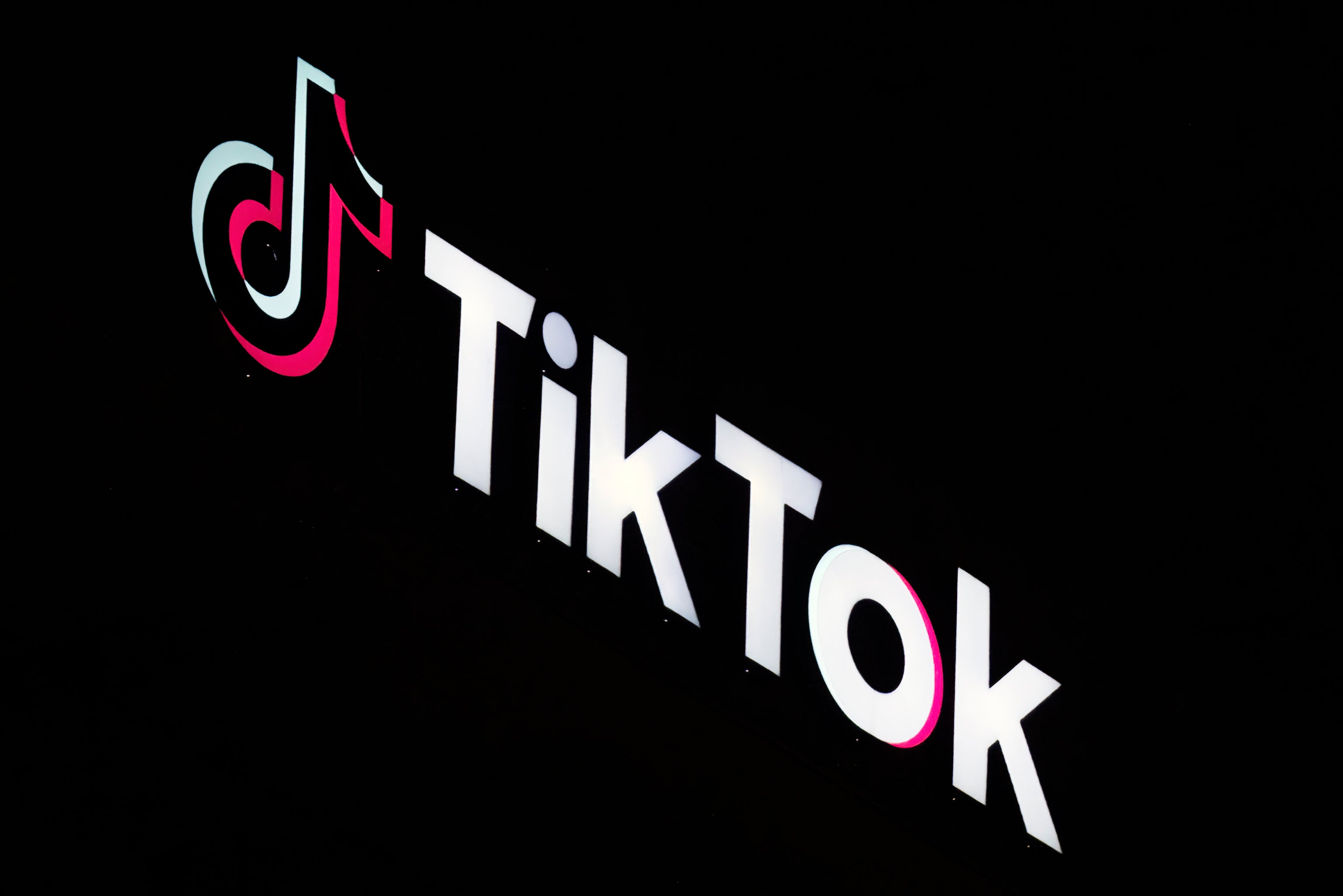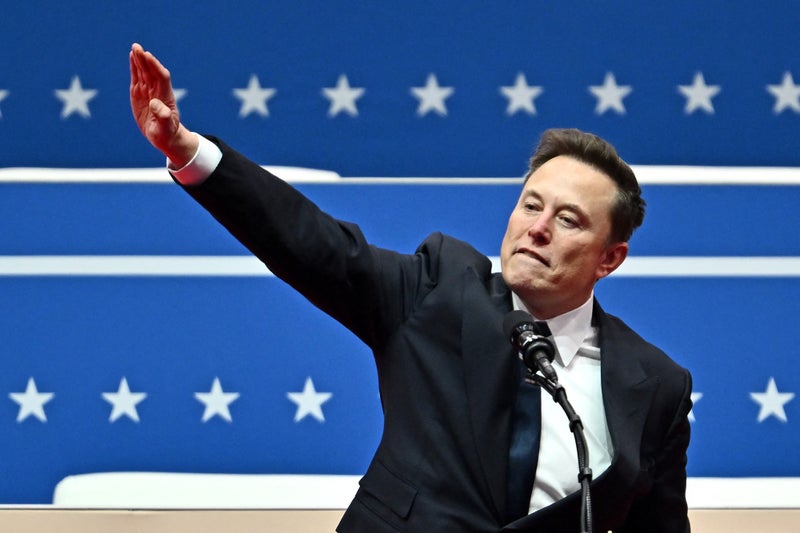TikTok's fate arrives at Supreme Court in collision of free speech and national security
Share:
In one of the most important cases of the social media age, free speech and national security collide at the Supreme Court on Friday in arguments over the fate of TikTok, a wildly popular digital platform that roughly half the people in the United States use for entertainment and information.
TikTok says it plans to shut down the social media site in the U.S. by Jan. 19 unless the Supreme Court strikes down or otherwise delays the effective date of a law aimed at forcing TikTok's sale by its Chinese parent company. Working on a tight deadline, the justices also have before them a plea from President-elect Donald Trump, who has dropped his earlier support for a ban, to give him and his new administration time to reach a “political resolution” and avoid deciding the case. It's unclear if the court will take the Republican president-elect's views — a highly unusual attempt to influence a case — into account.
TikTok and China-based ByteDance, as well as content creators and users, argue the law is a dramatic violation of the Constitution's free speech guarantee. “Rarely if ever has the court confronted a free-speech case that matters to so many people,” lawyers for the users and content creators wrote. Content creators are anxiously awaiting a decision that could upend their livelihoods and are eyeing other platforms.






















